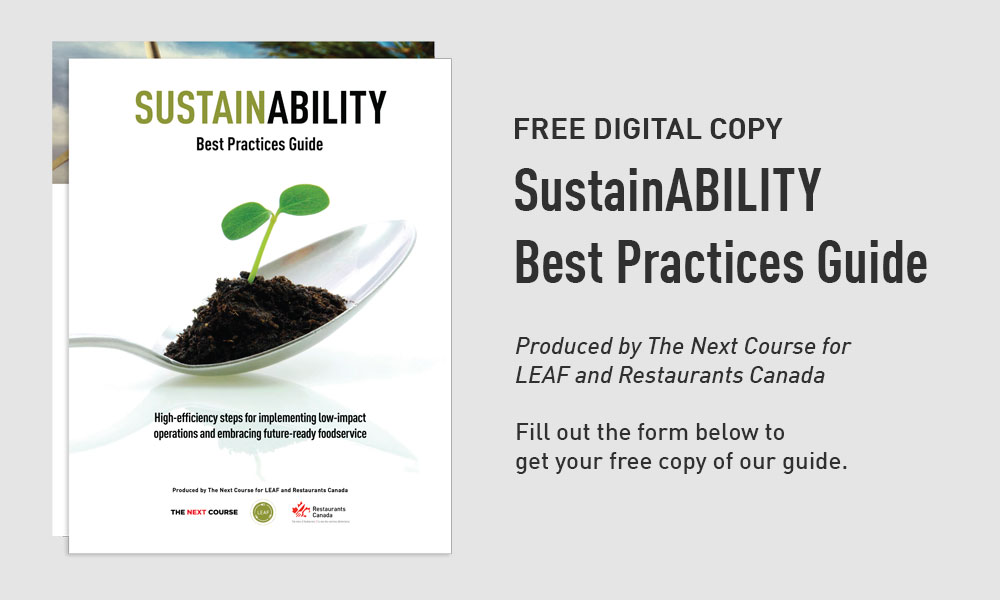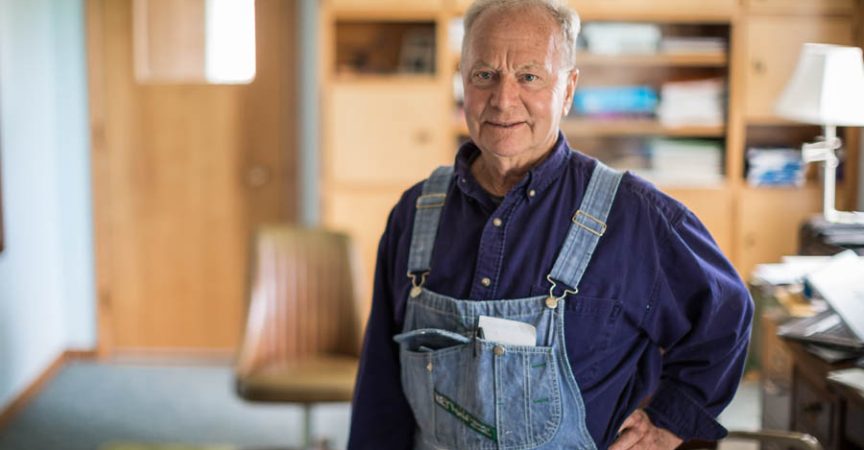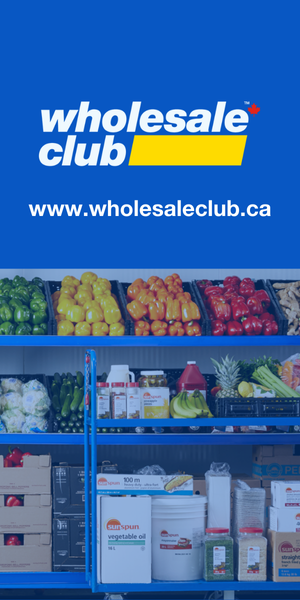Farming at the heart of the good food movement
There is an old joke often told about farming: that it is the only industry where you buy retail and sell wholesale. Certainly, a dose of humor not lost on those who choose farming as their profession. Finding ways to sustain and grow your business in a rural community, to feed your family, to care for your land and animals in a humane and sustainable way — are all daunting challenges in today’s world. Just ask any farmer about the weather, the cost of everything from feed to healthcare, or about the current state of soil or water conditions, and you’ll likely spend the better part of a day listening to an educated, yet humble speech. Oh, and be prepared to keep moving because the farmers will work the whole time they are talking to you. That is how farmers are — hardworking, smart and willing to share.
Niman Ranch embodies all of those traits. Started in the early 1970s as a small family-owned cattle operation in rural Northern California, Niman Ranch has grown to be a leader in the humane treatment of animals. The evidence of their care for the earth’s natural resources, and sustaining family farmers, can be found in their products — some of the finest tasting meat in the world. Today, as a network of more than 720 independent family farmers and ranchers across America, the company remains steadfast in their belief in those core values and works diligently to continue improving them.
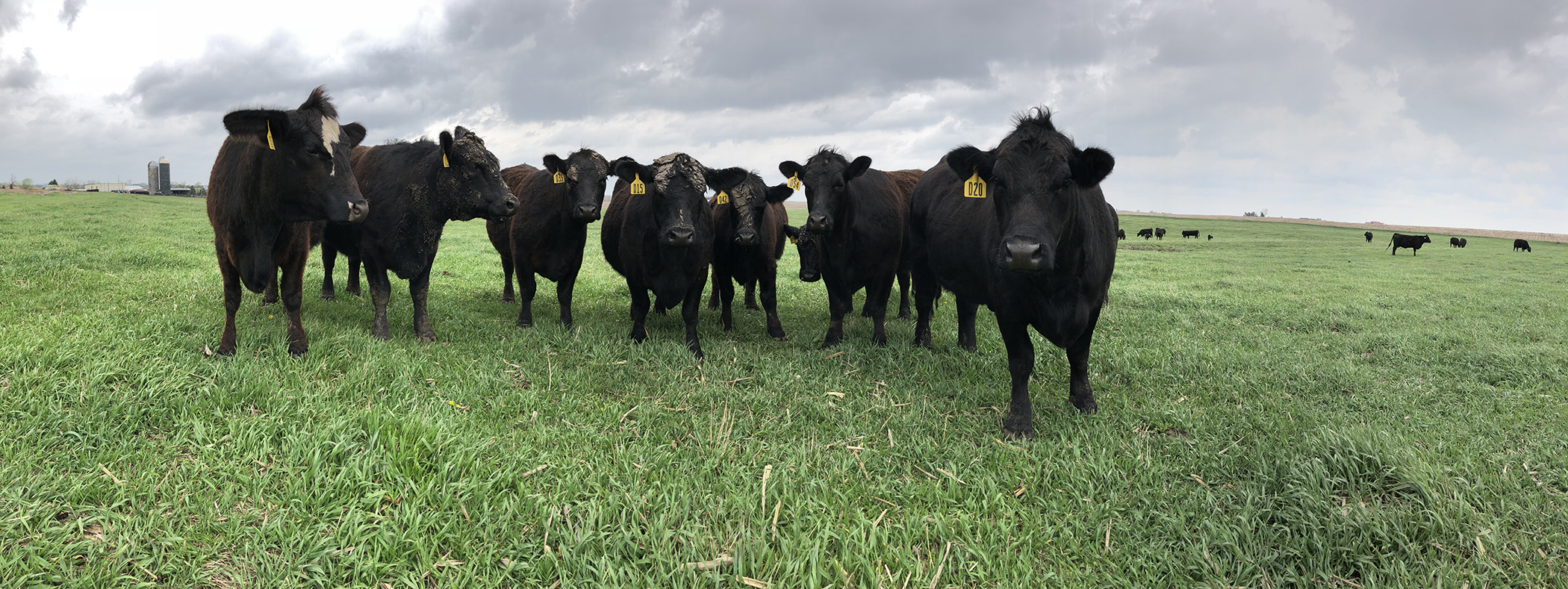
Many of the farmers who raise animals for Niman Ranch are second, third, fourth and sometimes even, fifth generation farmers who inherited the land from their families. They have a personal investment in the farming legacy their ancestors provided for them. These deep ties have enabled family-owned operations to have a greater stake in their livestock and their land, and it is precisely those qualities that make them perfect partners for Niman Ranch. Take Lynn Edleman for example. Lynn is a fourth-generation cattle rancher in Northeast Kansas, who along with his family, raise 250 head of cattle for Niman Ranch each year. “Ranching is extremely hard work but rewarding,” he says. “Farming organic crops and raising all-natural cattle takes a lot more effort and management but the rewards are greater. I also like the feeling I get when I know I’m raising all-natural livestock without antibiotics or growth hormones. I know in the end I’m giving the consumer a good quality product.”
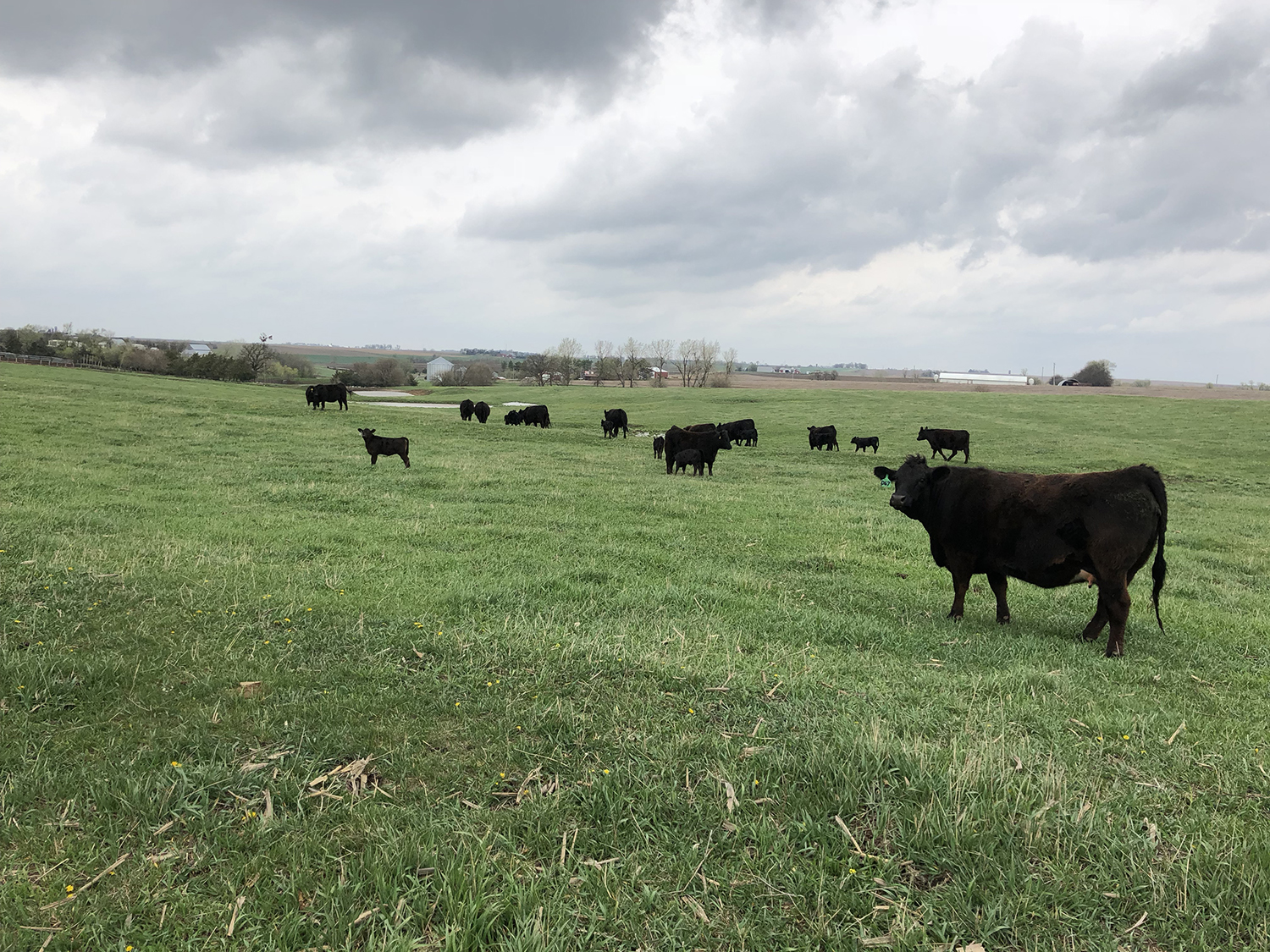
Niman Ranch sets itself apart from other meat companies by paying their family farmers and ranchers a premium to raise animals according to the company’s strict protocols; protocols developed under the guidance of renowned animal welfare expert, Dr. Temple Grandin, and are the highest in the industry. Paul Foster von Kalben, Director of Business Development for MacGregors Meat & Seafood Ltd, a distributor of Niman Ranch products in Canada, puts it this way: “I think the idea of Niman Ranch as just a meat company is missing the point. It’s not just their farming and husbandry protocols or beef quality, it’s their approach to changing the agricultural landscape, focus on soil health, and support of the community and small independent family farms. They are thought leaders in the area of sustainability as a whole.” It’s easy to argue these qualities are extremely important to everyone who is concerned about today’s food system. Chef Michael Crockford, of Urban Pantry Restaurant in Uxbridge, uses Niman Ranch products on his menu. “Our guest’s place huge importance on knowing where food comes from and that it’s ethically and environmentally raised,” he says. “Niman Ranch beef fits with our brand.”
In addition to beef, family farmers raise lamb and pork for Niman Ranch. In 1993, Jeannie McCormack and her husband, Al Medvitz, started selling lamb to Niman Ranch. Today they still run the very same ranch that was originally founded in 1896 by Jeannie’s grandfather. In 1995, it was third-generation farmer Paul Willis of Thornton, Iowa, who, while focusing on revitalizing sustainable hog farming methods, formed a partnership with Niman Ranch that continues to grow and thrive today. Niman Ranch is committed to working collaboratively with organizations that demonstrate a dedication and track record of supporting family farmers, sustainable agriculture and humane animal welfare practices. Some of these organizations include the Chefs Collaborative, Global Animal Partnership, Women Chefs and Restaurateurs and the James Beard Foundation. Based on Foster von Kalben’s point of view, it all adds up to Niman Ranch having a model that is “a tremendous roadmap to positive change, one we hope will spread beyond borders.”
Thanks to MacGregors Meat & Seafood & Niman Ranch for joining us at RC Show 2019!
